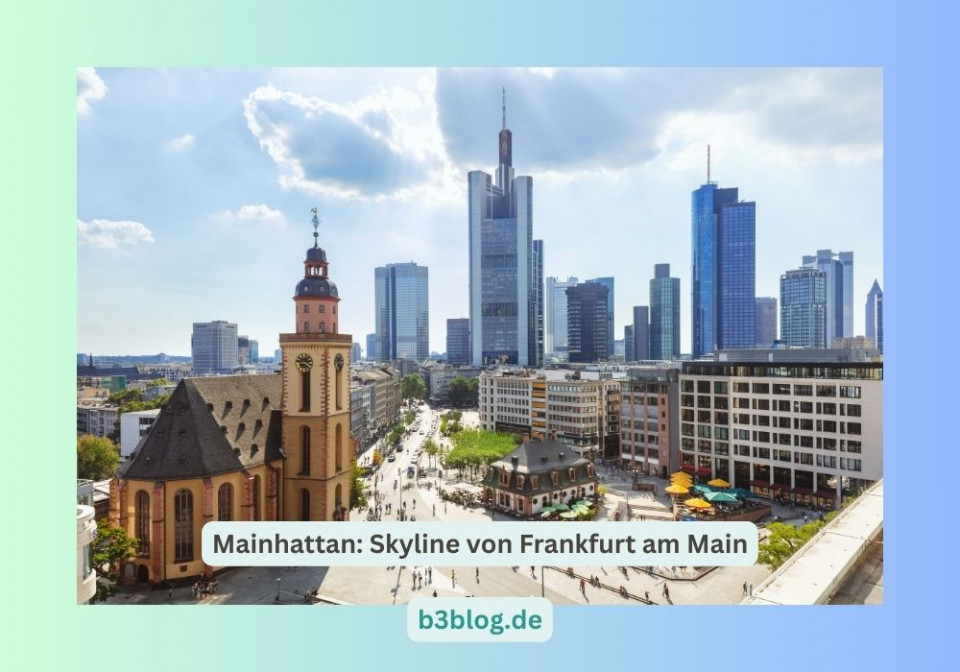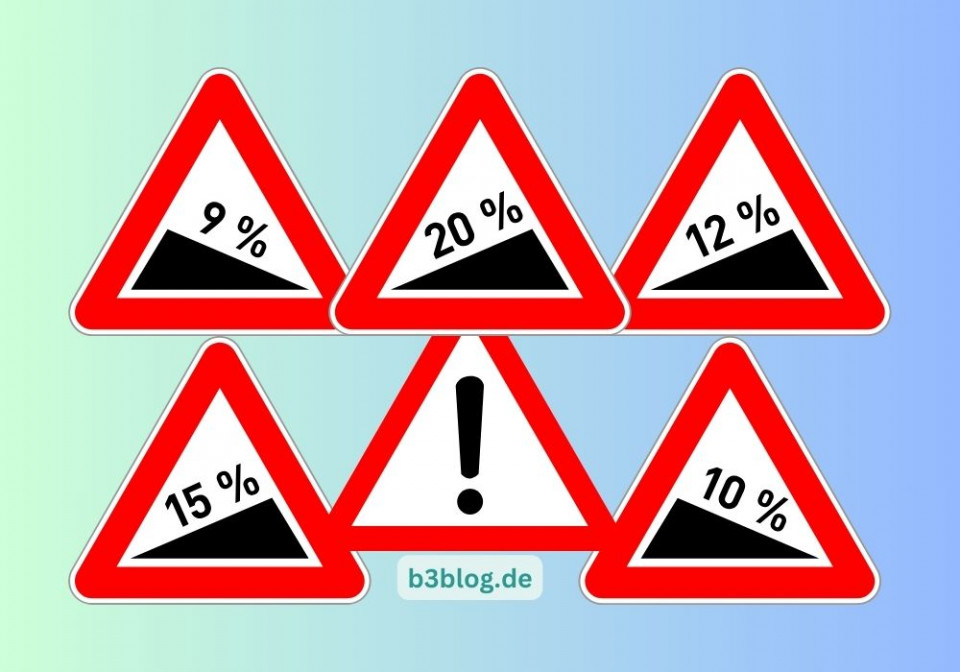Frankfurt goes digital
Despite its skyline, Frankfurt remains essentially a village with less than a million inhabitants, many scoff. Frankfurt deserves an award as Germany's almost-capital, note those well versed in history. The National Assembly in Frankfurt's Paulskirche in 1848/1849 laid the foundation for a German nation state, but Berlin later became the capital of the German Empire. A hundred years later, in 1948/1949, Frankfurt narrowly lost out to Bonn in the election for the capital of the Federal Republic. As a small consolation, Frankfurters can take comfort in the fact that the financial and economic center of Frankfurt is often referred to as the “secret capital,” for example in this blog.
But digital capital? In many Frankfurt apartments, people will wonder whether this designation is accurate. Fast internet, fiber optics, and optimal speeds are by no means a given throughout the city. All you need to become the digital capital is – in addition to certain basic technical requirements, of course! – the right study. In which case Frankfurt promptly comes out on top as the digital capital not only of Germany, but of the whole world. From the perspective of internet hub operator DE-CIX, this is entirely plausible, as Frankfurt is indeed an important international network hub.
Hubs and data centers
The study primarily evaluates the technical infrastructure, in which Frankfurt has the edge. The Frankfurt Internet hub DE-CIX is the largest of its kind in the world. Years ago, I had the opportunity to visit one of Frankfurt's large data centers with colleagues. It's a strange feeling when the virtual Internet world suddenly manifests itself to the layman in a huge number of interconnected metal boxes. Imagine DE-CIX as a central traffic hub where the digital data streams of all major network providers meet and exchange information. From Frankfurt, news, videos, and data are distributed all over the world. The concentrated power of data centers, servers, and networks makes Frankfurt a true hub of efficient digital communication.
What does this mean from a user perspective?
Let's be honest: as a normal user, what do I gain from such a high ranking in an infrastructure ranking? The desired goal is simple: everyday quality and reliability of the internet connection. Ideally, it would look like this:
Fast connections ensure that video calls remain stable, streaming runs smoothly, and gaming is lag-free. The short distance to the servers and the internet node hopefully ensures lightning-fast response times.
The large number of data centers and networks offers a high level of reliability and ensures reliable connections. If one system fails, there are dozens of others that can step in. Data should be stored securely in this redundant infrastructure.
The dense digital infrastructure attracts tech companies, start-ups, and innovative minds. The digital ecosystem in and around Frankfurt can become a breeding ground for innovative services that can make our lives easier – from smart mobility to new financial technologies.
More than just fast data highways
Let's hope that Frankfurt's title is more than just a hollow award. A true digital capital is not limited to being a place with the fastest connections. A city becomes a digital capital when it uses this technology to improve people's lives. Let's work together to make public transportation smarter, administrative procedures more efficient, environmental aspects always taken into account, participation of all people guaranteed, and ensure that we can keep up with the times in a connected world. The study provides a foundation. Now it is up to all of us—businesses, politicians, and citizens—to shape the digital future of the city together.


